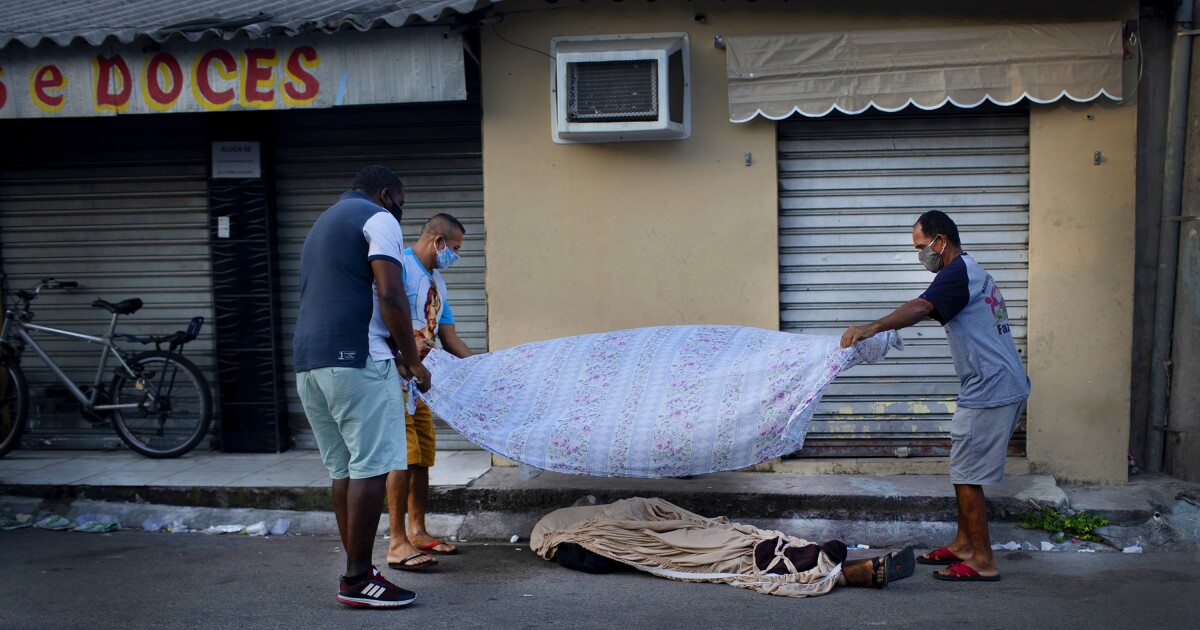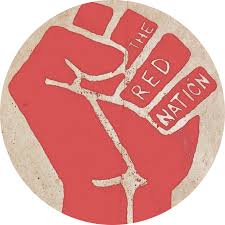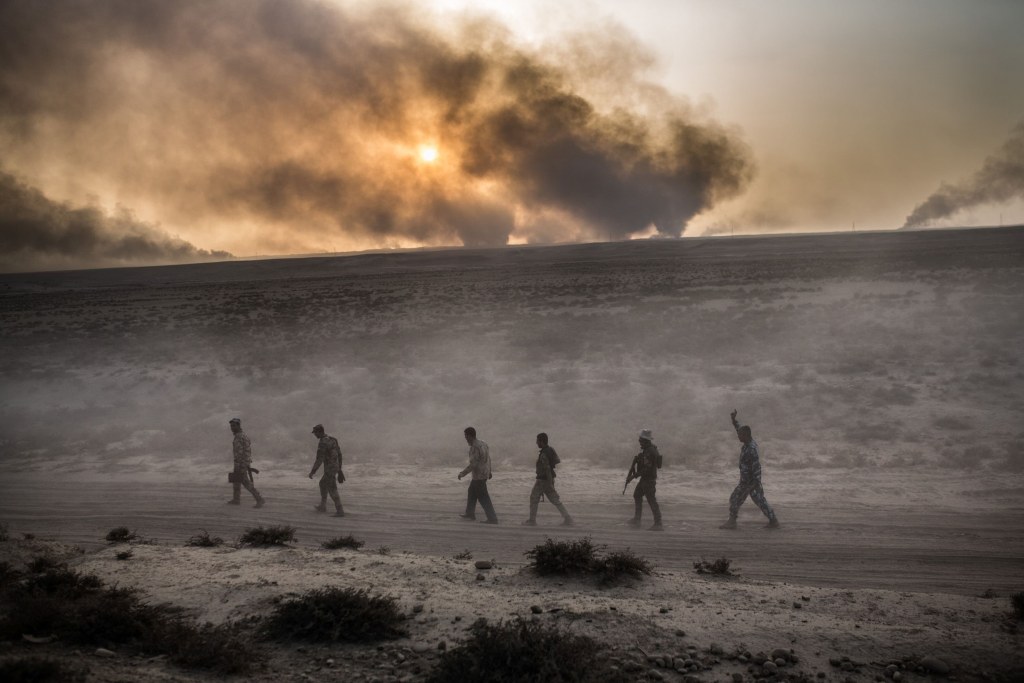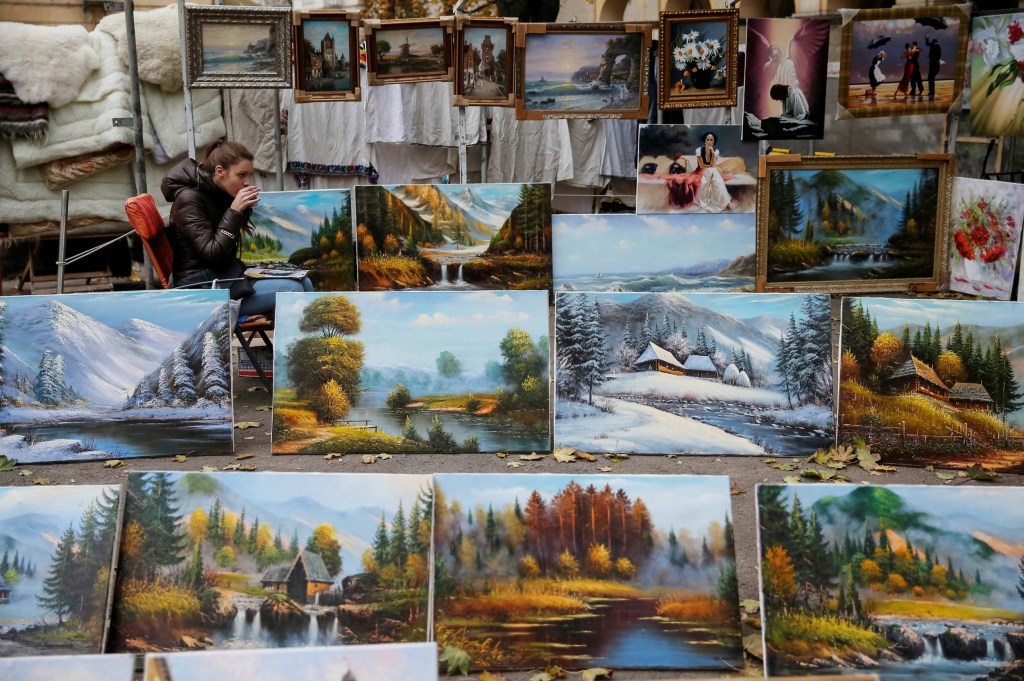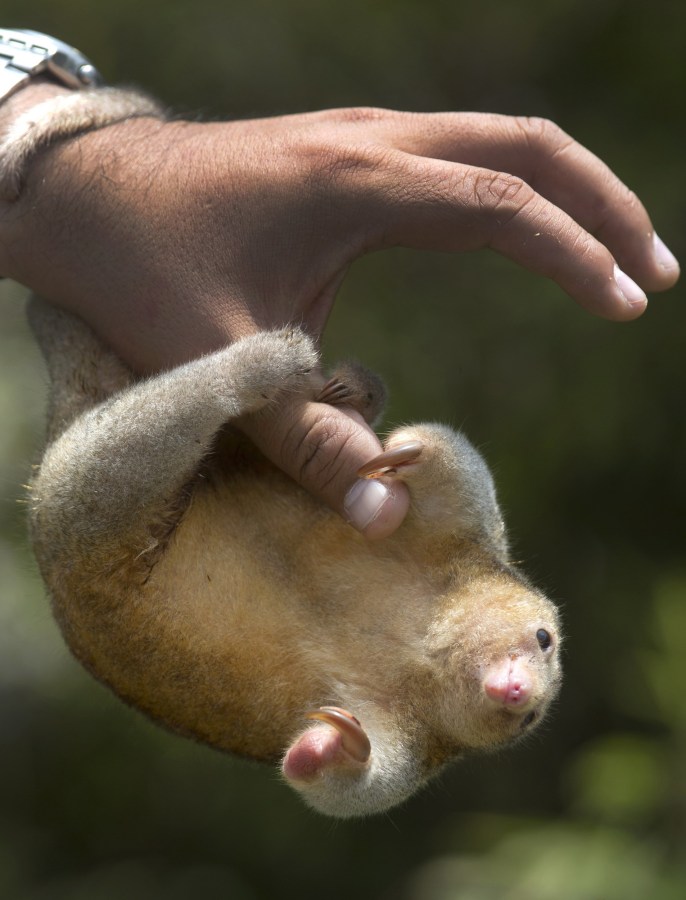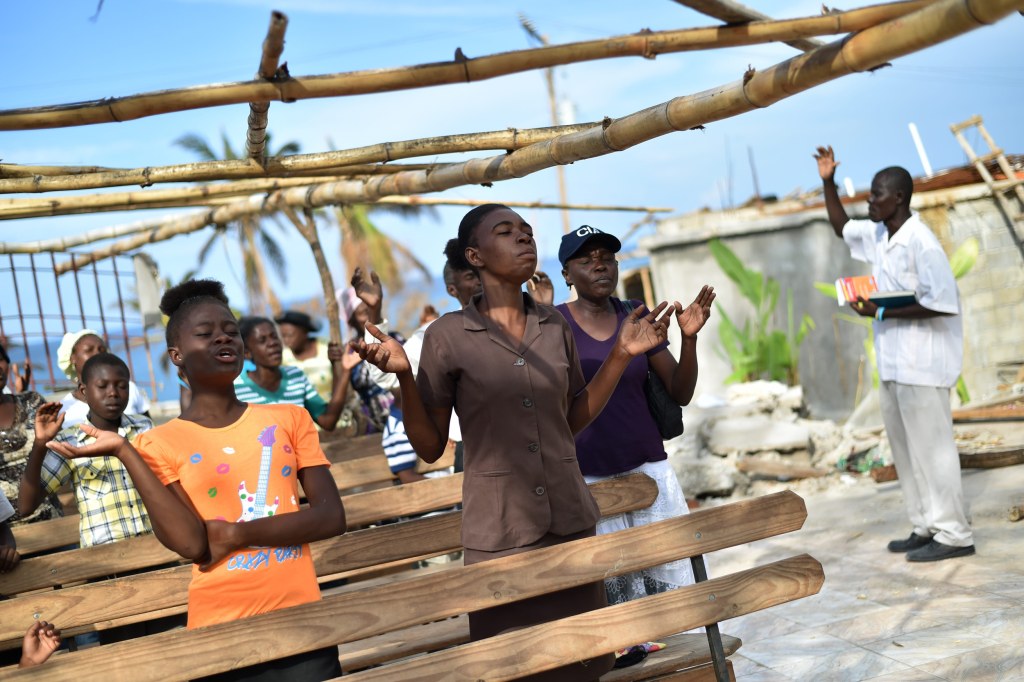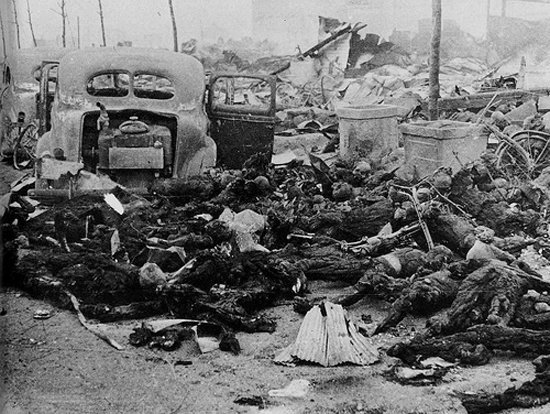We have an urgent need to bring the fight against Native oppression into all the #economic and #social struggles of today. And that means grasping, as clearly and firmly as possible, that the struggle for Native liberation means keeping the question of land rights central.
Understanding the history and ongoing process of Settler-colonialism adds to our understanding of capitalism, while ignoring it perpetuates the erasure from #history of Native peoples and their resistance to that process.
Hundreds of different social organizations existed on Turtle Island prior to the arrival of capitalist markets, but one common feature was that most #Indigenous Nations treated the land as something held in common. The idea of nonhuman life being someone’s “private #property” was almost literally unthinkable.
Writing in the Communist Manifesto in 1848, Karl #Marx said, “The need of a constantly expanding market for its products chases the bourgeoisie over the entire surface of the globe. It must nestle everywhere, settle everywhere, establish connections everywhere.” From an Indigenous perspective, that expanding market transformed abundance into scarcity.
Exploitation, expropriation, and extraction of the land’s riches created #wealth for those colonizing land and enforcing their claim to it by violence. Marx’s term for this process as it had occurred in Europe is usually called “primitive accumulation,” although it might be better translated as “primary” or “original” #accumulation.
"The historical process of primitive accumulation thus refers to the violent transformation of noncapitalist forms of life into capitalist ones."
With a wider perspective, we see that what the textbooks recall as Manifest Destiny was really capitalist accumulation through colonial #expansion—taking the particular form of the settler republic. (Other examples include #Australia, New Zealand, South Africa, and #Israel.)
Land grants, and the willful misreading of treaties as real estate transactions, to paraphrase Vine Deloria, were central to the growth of the United States as a continental and then global imperial power, central to waging war at ever-greater scales.
Settlers are a tool, but capital is the system that drives this process and ultimately benefits. This is an important point to clarify, for capitalism is always ready to abandon a tool when it has served its purpose and create a new one, as need be.
Estes defines settler-colonialism as the specific form of colonialism whereby an imperial power seizes Native territory, eliminates the original people by force, and resettles the land with a foreign, invading population.
As treaties are broken and #resources are extracted on Indigenous land, it’s important to know that two-thirds of uranium, one-third of low-sulfur coal, as well as major hydroelectric, oil, and natural gas reserves are located in Indigenous communities.
“According to a 2002 report by the United States Department of Agriculture (USDA), white settlers own 96 percent of private agricultural lands in the United States, and 98 percent of all U.S. private lands overall.”
The Bureau of Indian Affairs argued how the flooding of Indigenous land would speed up termination and force Indigenous people into the capitalist economy
... that most Indigenous communities in the area relied on the “free goods of Nature,” such as hunting, trapping, and gathering. Forcing them to rely on a cash income is what Marxists, if not the Bureau of Indian Affairs, would call #proletarianization.
The project of stealing indigenous land remains fundamental to the United States and its success. Settler-colonialism and its ideological companion of Manifest Destiny are baked into the development of the United States much like slavery and racism and cannot be extracted without completely overhauling the entire system
I would argue that a future decolonized Turtle Island is looking toward a #socialist #society that puts forward Indigenous self-determination and liberation and counters racism, white supremacy, settler-colonialism, imperialism, and capitalism
The #Indian and Metis movement must focus primarily on the destruction of #imperialism and on the process of decolonization. There is no longer any question of where the native struggle should pursue a capitalist or socialist path of development. Liberation can take place only within a true socialist society.


